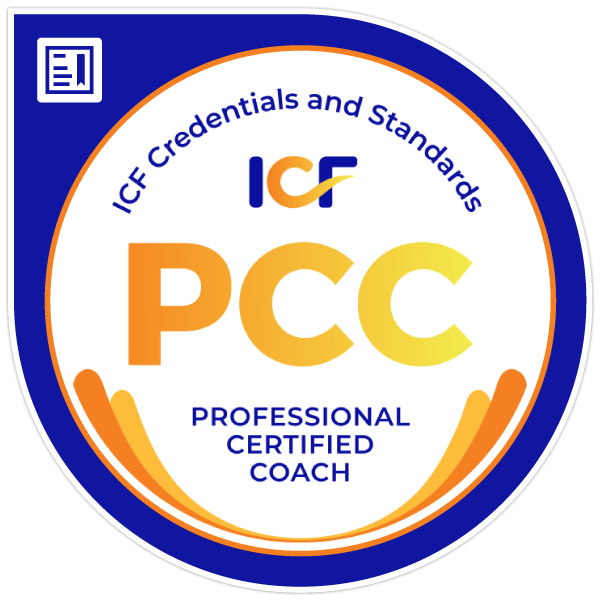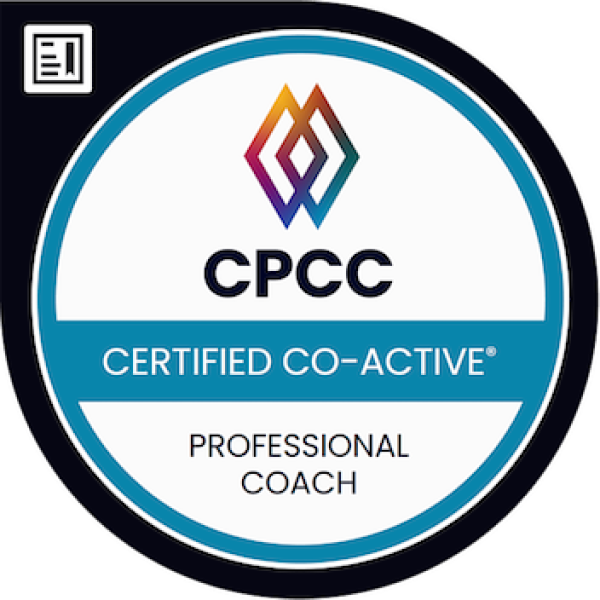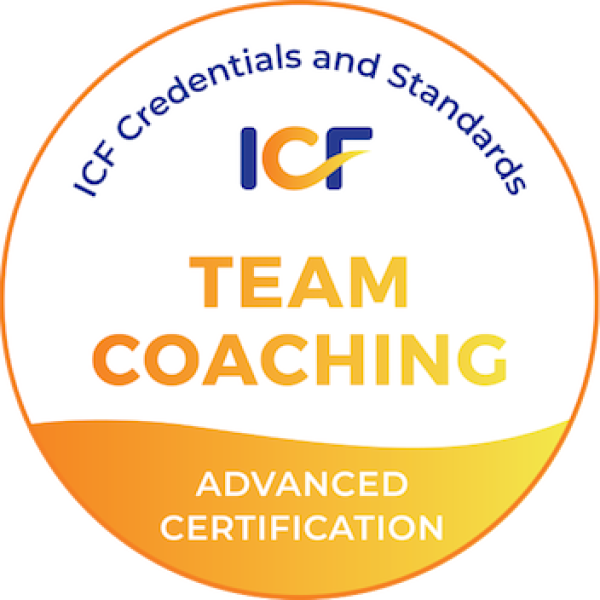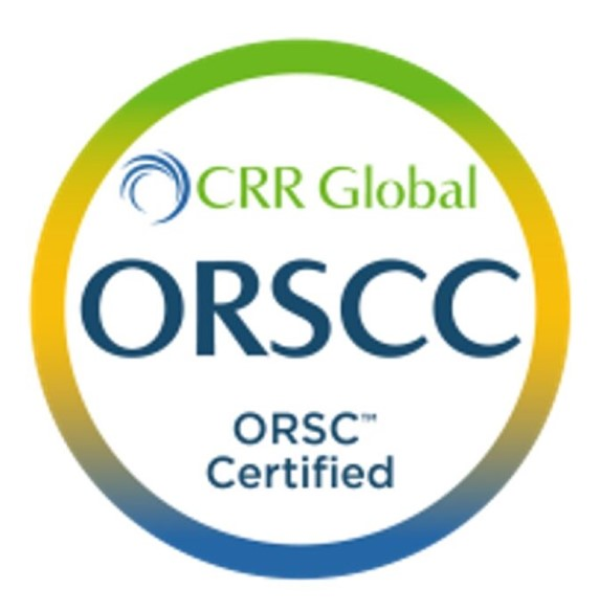Let’s face it: the corporate world is a complex place, filled with meetings, deadlines, emails, and an endless supply of coffee. But beneath the spreadsheets and PowerPoints, there’s something even more profound at play: our emotions, our histories, and (brace yourself) our childhoods. Yes, your leadership style—whether you’re a CEO, a team leader, or the mastermind of your department’s snack table—is heavily influenced by things that happened long before you put on that business suit.
As an executive and team coach, I regularly help leaders make sense of the personal dynamics that influence their professional lives. One of my favourite tools in this work is a deck of cards from The School of Life. These aren’t your typical motivational cards; they’re filled with insightful, sometimes confronting, questions that help you shine a light on the sides of you that might have been forgotten, but can give you valuable insights.
Let’s take a look at three of these questions and see how they might just reveal a thing or two about your leadership style (with a touch of humour, of course). And, towards the end, I’ll offer three practical tips to help you become more aware of how your family history and upbringing might impact your leadership. So, buckle up; we’re about to go deep—but we’ll have some fun along the way.
1. What aspects of your childhood experiences might you be trying to ‘fix’ through your work?
When I first read this question, I had to laugh. Are we really trying to fix our childhoods through our work? But the more I think about it—and the more I see in my coaching practice—the answer is often a big, resounding yes.
Maybe you grew up in a family where achievements were celebrated with lukewarm enthusiasm. You got an A? That’s nice, but why not an A+? Fast forward to today, and you’re the boss who can’t stop striving for perfection, pushing yourself (and maybe your team) harder and harder, chasing validation that you may not even realize you’re still looking for.
Or perhaps, growing up, your family (like mine!) didn’t have much money. Now, as an adult, you’re obsessed with financial success, determined to “fix” that part of your childhood by making sure you and your team hit every financial target. Whatever the specifics, the truth is, many of us carry the baggage of our childhood into the boardroom. And, sometimes, the need to fix the past shows up in ways we’re not even conscious of.
2. If I were more confident, I would…
Ah, the old confidence trap. Most of us like to believe that confidence is something you either have or don’t. Spoiler alert: it’s more like a muscle you have to work out (without the sweaty gym clothes). Think about it: how many times have you hesitated before making a tough decision or speaking up in a meeting, telling yourself you’re just “waiting for the right moment” or “making sure all the facts are in”?
In my coaching practice, I see leaders who hold back not because they’re unsure of their ideas, but because they’re unsure of themselves. So, I often ask them: If you were more confident, what would you do? The answers are usually surprising—and telling. You’d probably speak up in those high-stakes meetings, or pursue that promotion you’ve been eyeing for months. This question isn’t just about identifying what you’d do if you were more confident; it’s about realizing that you already know the right steps to take. Confidence is just the little bridge you have to cross.
3. “Envy offers us a confused but telling map of our ambitions.” Write down the names of four people in your social circle whom you envy professionally. What patterns do you notice?
Envy—there, I said it! We all feel it, and yet we rarely talk about it. But here’s the thing: envy can be one of the best compasses for understanding what we really want out of life. If you’re feeling a little green about someone else’s success, it’s a pretty clear sign that they have something you deeply desire.
So, take a moment (it’s okay, this is a judgment-free zone) and write down the names of four people in your social or professional circle whom you envy. Got it? Now, look for the patterns. Is it their career achievements? The freedom they seem to have in their role? Their creativity? Whatever it is, your envy is trying to show you what you aspire to. Instead of letting it fester, use it as a guide to set new professional goals. It’s like envy is a somewhat embarrassing but highly effective career counsellor.
How Family History Shapes Leadership
Now that we’ve uncovered some uncomfortable truths about how your childhood, confidence, and envy might be playing out in your work life, let’s zoom out. The truth is, much of our leadership style is rooted in our family history and upbringing—whether we realize it or not. Our family dynamics teach us how to communicate, handle authority, and deal with conflict. For leaders, becoming more aware of these influences is crucial to understanding their strengths, challenges, and patterns of behaviour.
So how can you become more self-aware of how your family history impacts your leadership? Here are three practical tips:
1. Reflect on Your ‘Origin Story’
Think back to your family dynamics growing up. Were you the peacemaker, always smoothing over conflicts? The achiever, constantly striving to impress? The rebel, pushing back against rules and expectations? The role you played in your family often mirrors the role you play at work.
For example, if you were the peacemaker, you might shy away from conflict at work, preferring to keep things harmonious—even when tough decisions need to be made. Recognizing this dynamic can help you step out of old patterns and become more intentional about how you lead. This can be so insightful, and this is the reason why the first session in my coaching trajectory is always dedicated to client’s Origin Story.
2. Identify Your Emotional Triggers
Family dynamics shape not only our leadership style but also our emotional triggers. Do you find yourself getting disproportionately upset when someone questions your authority? Do you feel defensive when receiving feedback? These reactions are often linked to unresolved emotions from our upbringing.
Take note of situations at work where you feel emotionally charged. Then, reflect on whether these emotions might be connected to your family history. Find support, for example through Family Constellations, to work on this. Once you’re aware of the triggers and can see the context overlay (like, perhaps that overly critical colleague reminds you of my sceptical father?), you can increase your likelihood to respond more thoughtfully, rather than reacting from a place of past hurt.
3. Seek Feedback from Trusted Sources
Sometimes it’s hard to see our own patterns clearly. That’s where feedback from trusted colleagues, mentors, or even a coach can be invaluable. Ask for honest feedback about your leadership style—specifically, how you handle authority, conflict, and stress.
Hearing how others perceive you can provide insights into how your family history might be influencing your behaviour. Are you overly cautious because of a fear of failure instilled in childhood? Or do you avoid giving feedback because you grew up in a family where criticism was harsh? Getting an outside perspective can be the key to unlocking these hidden patterns.
Easier said than done, but it’s so worth it
The corporate world may seem miles away from the family dinner table, but the connections between our past and present are undeniable. By reflecting on childhood experiences, examining our confidence levels, and unpacking feelings of envy, we can better understand the underlying forces driving our leadership style.
And while it may not always be comfortable to acknowledge that some of our professional ambitions are rooted in unresolved childhood dynamics, doing so offers us a powerful opportunity for growth. So the next time you find yourself facing a leadership challenge, pause and ask yourself: is this really about work—or is there something deeper going on? Embrace the chance to reflect, grow, and become the leader you were always meant to be.





